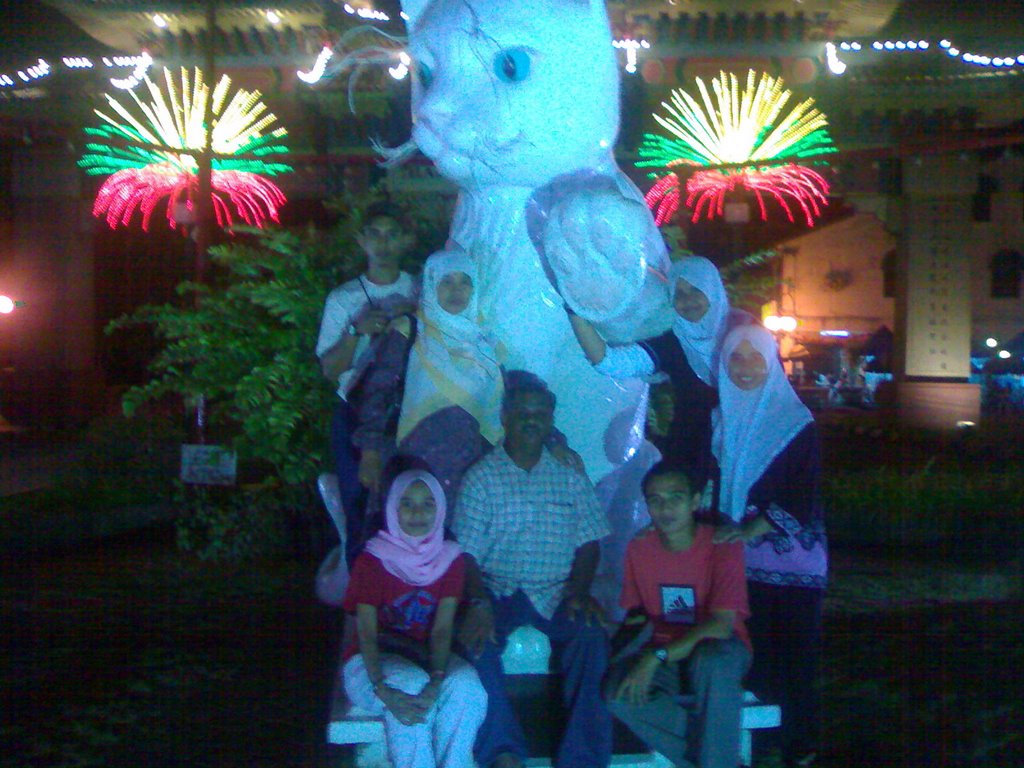Curriculum is the study of what should constitute a world for learning and how to go about making this world. What is the good life? What is a good person? What is the good society? (Macdonald, 1978)
Curriculum is the ambiguous outcome of a complex interplay between certain social conditions and prevailing conceptions of how schools are supposed to function...affected by social, political, economic and intellectual forces. (Kliebard, 1992)
Curriculum is not a concept; it is a cultural construction. That is, it is not an abstract concept which has some existence outside and prior to human experience. Rather, it is a way of organizing a set of human educational practices. (Grundy, 1987)
Empowerment through curriculum inquiry is a deeply personal process of meaning making within particular historical, cultural and economic contexts. When students share the burden of the classroom dialectic, classrooms become incubators in which ideas are germinated, shared, nurtured, argued, acted upon, and often transformed by teacher and students alike. (Sears & Marshall, 1990)
In the final analysis, objectives are matters of choice, and they must therefore be the considered value judgments of those responsible for the school. (Tyler, 1949)
The term curriculum tends to orient us away from the young person toward structures and phases of study at an institution. The term pedagogy by contrast tends to bring out the human or personalistic elements of education and childrearing. Pedagogy must be found not in abstract theoretical discourse or analytic systems, but right in the lived world. (van Manen, 1991)
A curriculum can become one's life course of action. It can mean the paths we have followed and the paths we intend to follow...The more we understand ourselves and can articulate reasons why we are what we are, do what we do, and are headed where we have chosen, the more meaningful our curriculum will be. (Connelly & Clandinin, 1988)
Live as if your life were a curriculum for others, and balance that principle by realizing that every life you meet could be a curriculum for you if you perceive with sufficient perspective. (Schubert, 1986)
Wednesday, August 1, 2007
Subscribe to:
Post Comments (Atom)


No comments:
Post a Comment